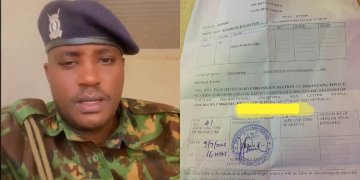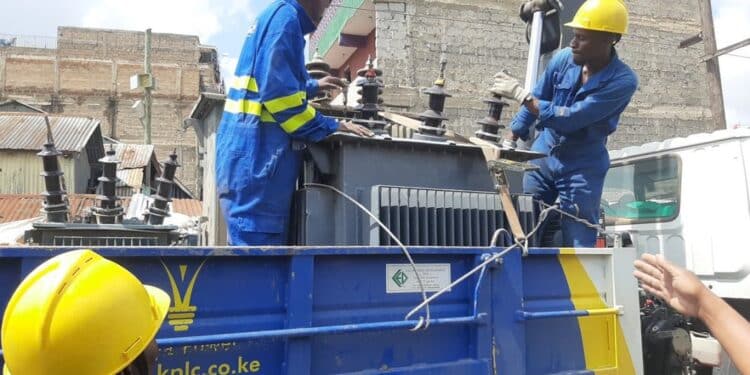Kenya Power and Lighting Company (KPLC) has dismissed the information reported by Business Daily on August 7 quoting a report by the auditor general about the cost of electricity.
However, the power company has refuted the contents of the article saying they are non-factual and misleading.
“Kenya Power takes exception to the contents of the article, which are not only non- factual but also geared towards building a false narrative around the cost of electricity and tarnishing the brand.” The KPLC Press statement reads.
As such, Kenya Power clarified several issues in their operations as follows.
Also Read: KPLC Profit Dips by 9.5pc in Six Months to June 2022
How KPLC Operates
KPLC stated that it operates in a regulated environment guided by the Energy Act of 2019. Therefore, all charges as contained in the electricity bills are approved by the regulator (the Energy and Petroleum Regulatory Authority – EPRA) for all categories of customers.
In addition, the power company stated that all electricity bills are computed based on customer consumption, which is the difference between the current meter reading and the previous reading (as taken during the previous month).
“The approved base tariffs, levies and taxes are then applied to the consumption to compute the customer’s monthly bill.” The company clarified.
Furthermore, KPLC explained how system losses due to power losses are factored in the tariff, adding that the company meets the cost of system losses incurred above what is allowed.
“Part of power system losses are inevitable during transmission and distribution of power; therefore, the regulator sets a threshold for the allowable system losses that is factored in the tariff. In the current financial year, the regulator has allowed system losses up to a maximum of 18.5%.” The statement further reads.
Also Read: Questions on High Power Cost and KPLC Deal with Producers
Similarly, the power company revealed that EPRA checks and verifies that Kenya Power charges customers based on the approved rates monthly.
Nevertheless, KPLC stated that they buy electricity through several delivery points from 58 power suppliers.
“Kenya Power buys electricity through one hundred (100) delivery points from fifty-eight (58) power suppliers that include KenGen, IPPS, REREC and imports and all these delivery points have been verified to have both main and backup meters (check meters) as required in the respective Power Purchase Agreements.” Stated KPLC.











































































